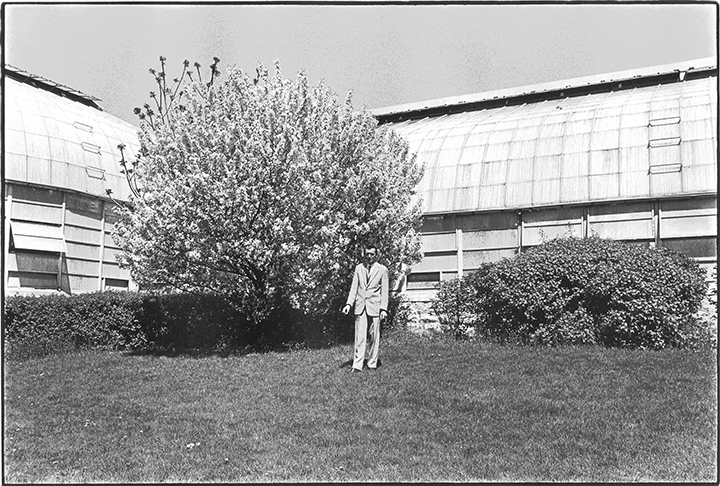
A recently published article by Reuters could not have been more disturbing. Within that article, reporter Sharon Begley notifies us that drug company Amgen has found, during 10 years of trying to reproduce results reported in 53 'landmark' studies, that "many basic studies of cancer - a high proportion of them from university labs - are unreliable, with grim consequences for producing new medicines in the future." Per commentary published by head Amgen researcher C. Glenn Begley in the journal Nature, the results of 47 of those 53 studies "could not be replicated". As a model for how society in general could and should operate, science has shone the undeniable way for at least the last one hundred and fifty years. Each reliable brick of discovery has provided foundation for each succeeding layer of discovery. And we have all profited by the results: from steam power, electricity, and basic chemistry on up to passenger jet airplanes, antibiotics, healthier foods, and world-wide electronic communications. And undoubtedly, more than we can imagine is left to come. But, we are in an age when arrogant ignorance and fearful magical thinking are attempting a vengeful comeback. Only days ago the state of Tennessee became the second to enact legal protections for teachers who wish to explore or teach "alternative theories to widely accepted scientific concepts", as if scientific rigor were merely a matter of opinion. And, per Reuters reporter Deborah Zabarenko, at least five other states are considering or have considered similar legislation this year. Science is about rigor. But when individual researchers and individual teachers, journalists and journalistic organizations put their own glorification and self-interest above the integrity of their work, the engine of scientific advancement begins to falter and provides eagerly accepted ammunition for those seeking to vilify science as corrupt and self-serving. Somewhere somehow, one has to wonder, what happened to the notion of selfless public service? When and how did being ordinary but important become less important than the selfish need to be perceived as "special" or "famous"? When did doing something that matters get pushed aside as less satisfying than exploitation of others for personal gain? That change, that tension may always have been with us. But the lines of demarkation have at times been more visible than they are right now. Take for instance the above photograph. It depicts a modest self-effacing gentleman from communist eastern Europe visiting Chicago during the early 1970's, whose friends have insisted he stand for a picture. He struggled to see the point, but reluctantly cooperated. He did not mug for the camera, did not clown, nor did he strut or arrogantly pose. He merely cooperated. His interests were in serving his hosts and perhaps the aspirations of oppressed friends back home. His interests were in doing something that mattered, for those he cared about. Contrast that with pointing your camera at someone today. What purpose pops into your mind? And what inspiration pops into the minds of your subjects? Most likely your purpose would be either to exploit or to help a friend to feel "special" in some way. Your subject will, most likely, be either suddenly fearful of exploitation or consumed by a desire to prove they are "special", "rich", or "famous". In either case, there is likely no thought of contributing to something bigger and more important than one's ordinary self. As Republicans try to convince you this election season that self-interest is the key to America's greatness, try to think back and remember that most of what we point to as America's greatness is the result of its people cooperating in the doing and construction of something that mattered, not only to their own generation but to succeeding generations. Their interest was in being ordinary but important, not "special", "rich", or "famous". It's a lesson we'd all benefit from if taken to heart today. |
• Posted: Apr 20, 2012 10:55:31
• Comments Welcome
• Vote CoolPhotoblogs
• Purchase a Print
• Share
Wednesday, June 23rd, 1971 Chicago IL USA |